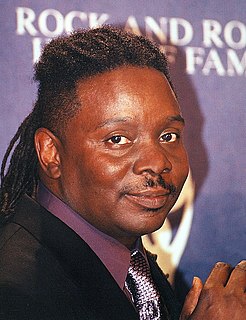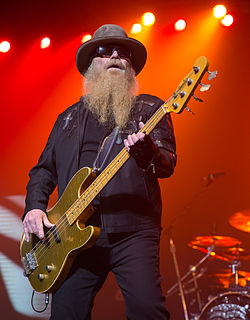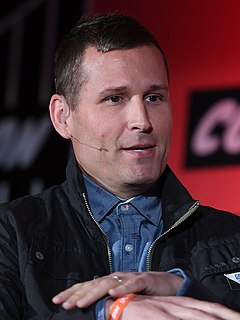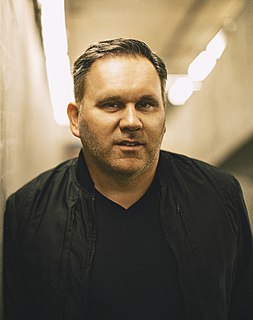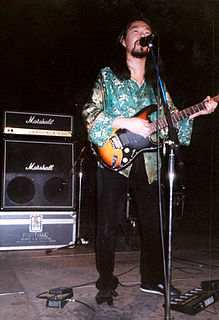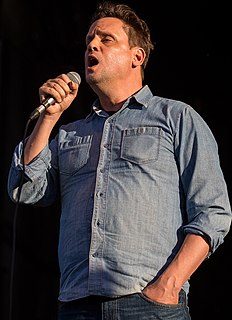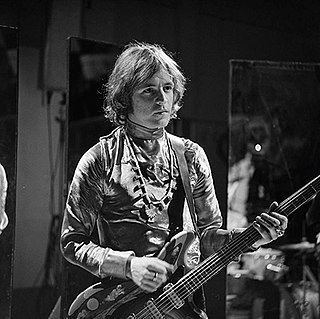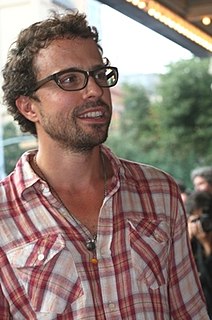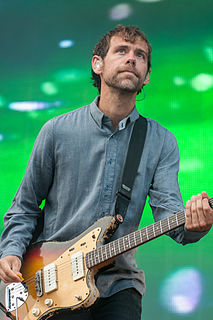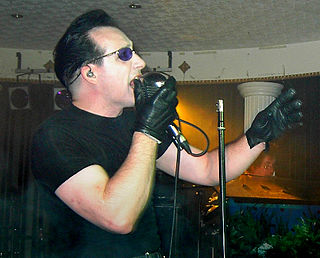A Quote by Philip Bailey
As young musicians, we cut our teeth on doing gigs at clubs and functions and colleges. That was really the proving ground for young musicians, learning songs, doing covers of different songs that were popular, learning different genres of music.
Related Quotes
School of Rock. The best music school anywhere. This whole idea of getting kids not just taking lessons and learning notes and chords, but learning songs and playing with other young musicians, and getting out on stage... I was so impressed that my daughter Cheyenne goes to School of Rock on Long Island.
At the beginning of my career, I saw an opportunity to forge new ground and focus on songwriting. Not many people were doing that at the time. Pretty much nobody. I thought I could write some really cool songs that would rise above all these dozens of genres that exist within dance music. I'd make it more about the songs. For the last 20 years, I've been sharing stories of my life through music. I've been writing songs about my life.
I would be happy if I could meet some musicians interested in different acoustics and traditional music. Maybe I will find some Native American or Latin tunes. Anything. Even maybe a great heavy metal guitar player or drummer, and we can do something wild together. My next step is making more music without formats or borders. Not just simple songs or doing covers, but music with more ideas. I think it will again be a synthesis with something else.
My mistakes made were learning how to work with different groups of people. I mean, I went to school at Berkeley, which is a pretty diverse group, but working in a professional setting, I hadn't really done that before and learning about office politics, learning about interactions between different people and I made a lot of mistakes there during my time as a young person. I was 19 or 20 at the time. So, I would say those were my biggest career mistakes, but fortunately they were made in the context of an engineering co-op program and not in a professional field.
I think people who basically do one thing like Eric Clapton is great. But I've always enjoyed playing different kinds of music and playing with different kinds of musicians because I find that really interesting, like learning and working with Kip Hanrahan. There's a great conga player called Milton Cardona and he taught me a lot of the nuances, he's a Santeria Priest and so he knows his onions as it were.
I often call Daptone the Motown and Stax of today. But in some ways it's different. At Motown, a lot of the musicians didn't get recognized, music got stolen, and people didn't get paid. Or the label would just throw them a pinch of money for their songs. That is one thing we're not doing. Anything anyone writes here, we get a percentage.
In the beginning, the punk scene was so full of promise. All the bands were different, and all the sounds were different. The common denominator was that it was all very young kids doing it, and doing it on their terms. But then it became, 'You should listen to this and you should wear this uniform, and you shouldn't do this or that.' It was supposed to be about not having rules, but every generation of music gets watered down.
